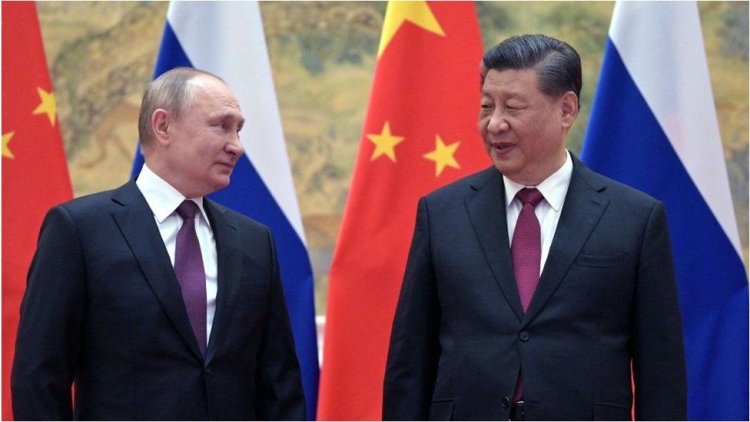In Case of China-Taiwan Conflict, Speculation on India’s Response
STORIES, ANALYSES, EXPERT VIEWS

There is a growing consensus within the US policy establishment that China is developing military capabilities in a bid to engage in a forceful cross-strait reunification campaign before 2027.
Like every other country, Harsh V Pant (Vice President for Studies and Foreign Policy at Observer Research Foundation (ORF), New Delhi) and Suyash Desai (research scholar based in Taiwan researching on China’s defence and foreign policies) write “India will be impacted….India’s trade through the South China Sea (SCS) — which stands at nearly 55 per cent of its total trade with the Indo-Pacific region — will be disrupted. Furthermore, India’s trade with Taiwan (which has been on the rise for the past few years), China (its second-largest trading partner), East Asia, and some Southeast Asian countries is also likely to be severely impacted. Such an event should serve as casus belli — a war-provoking situation — for India.
“Beyond trade, the strategic implications of a serious cross-strait conflict would be extremely serious, with New Delhi being a member of the Quad and thereby required to give a serious response. Since the stakes for India are high, such a scenario merits an intense discussion on the country’s military, diplomatic, and economic response — something that has been missing from Indian policy discourse."
Likely military responses
On a practical level, the two authors speculate “it is likely that India’s military response would be limited to assisting partner countries, including the US, which might intervene to help Taiwan during the cross-strait conflict. India is the only country that has dealt with the PLA Ground Force (PLAGF) recently…..the Indian experience and intelligence in tackling the PLA’s ‘integrated joint operations’ would benefit the partner countries.”
India could also “offer its mainland to the US for refuelling aircraft — just like it did in the 1991 Gulf War. Unlike the US bases in the Philippines and western Pacific Ocean, which are likely to be directly involved in the conflict, refuelling in India is a much safer option. Furthermore, by granting the US access to its Andaman and Nicobar Island bases, India can block China’s energy supplies passing through the Malacca Strait. However, these are escalatory steps, which would entail a serious reassessment of traditional Indian thinking on such matters…..”
Selective diplomatic and economic activities
Besides limited military steps, the two authors write “India could also engage in selective diplomatic and economic activities. For instance, India could be a part of a United Nations General Assembly (UNGA) resolution condemning Chinese aggression and demanding an immediate end to the Chinese offensive across the Taiwan Strait…..”
But “on the economic front, expecting India to be a part of the coalition willing to impose targeted sanctions on China remains unrealistic. The reason being that sanctions with the current negative trade balance between China and India would hurt the latter much more….”
















